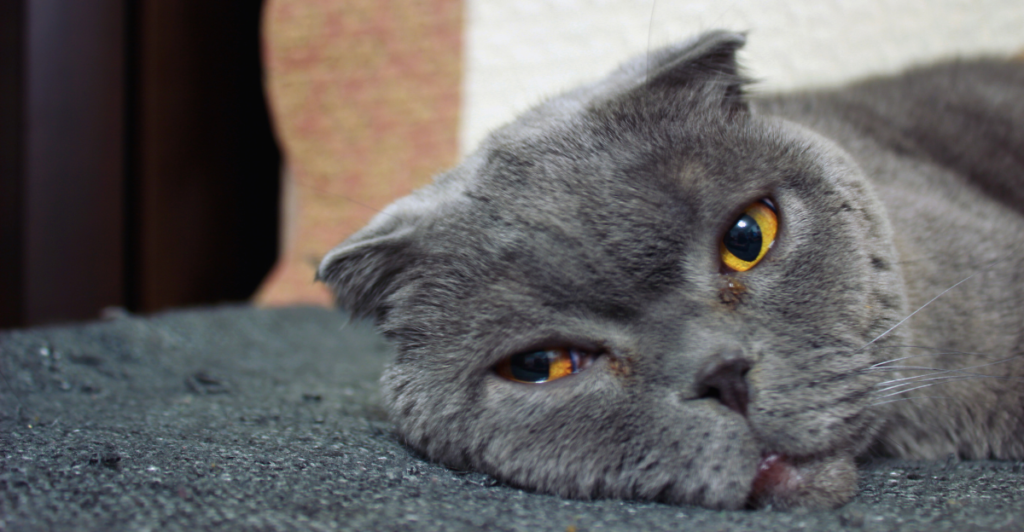
Cats, known for their mysterious and independent nature, can experience emotional ups and downs just like humans. While they can’t verbally express their feelings, their behavior often speaks volumes. Recognizing the signs of depression in your cat is crucial to ensuring their well-being. Before jumping to conclusions, always rule out physical health issues with a vet visit. Let’s explore the common signs of depression in cats, potential causes, and ways to help your furry friend feel better.
Loss of Interest in Activities
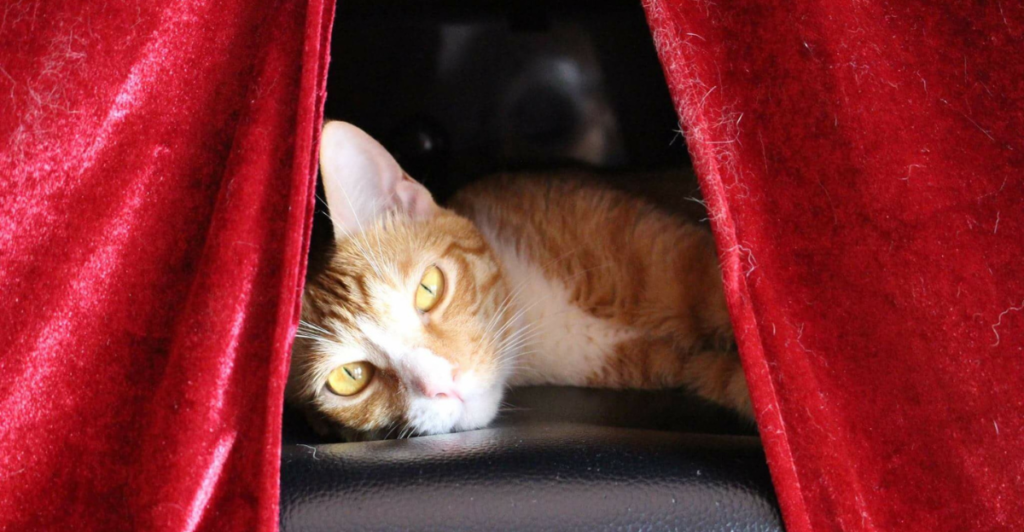
A cat’s sudden disinterest in playing or interacting with their toys and humans could indicate depression. Dr. Mikel Delgado, a renowned cat behaviorist, emphasizes that reduced engagement in species-specific behaviors or a noticeable decline in energy levels are red flags to watch for.
Increased Hiding or Withdrawal
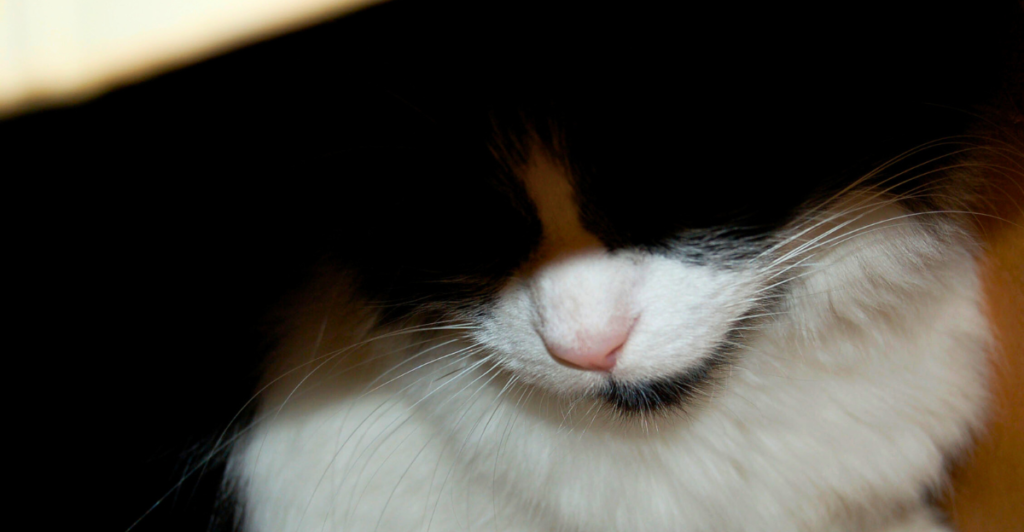
While occasional hiding is normal, excessive seclusion can signal emotional distress. Cats that withdraw more than usual may be trying to self-soothe or protect themselves. Pay attention if your typically social cat starts avoiding interactions or hiding for long periods.
Excessive Sleep or New Sleeping Spots
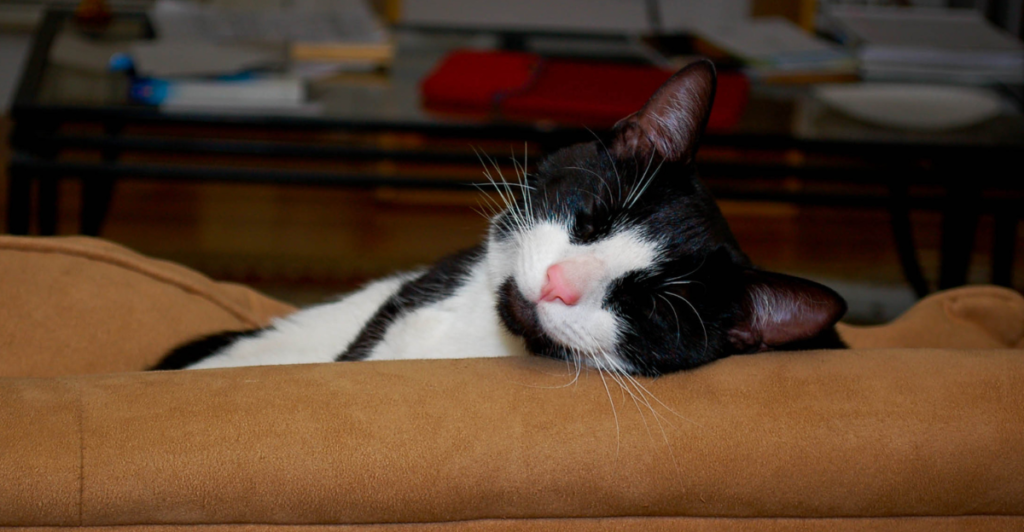
Cats are naturally avid sleepers, clocking an average of 15 hours daily. However, depression can increase sleep duration or lead your cat to choose unusual locations for rest. Keep an eye on changes in their sleeping patterns or favorite napping spots.
Vocalization Changes
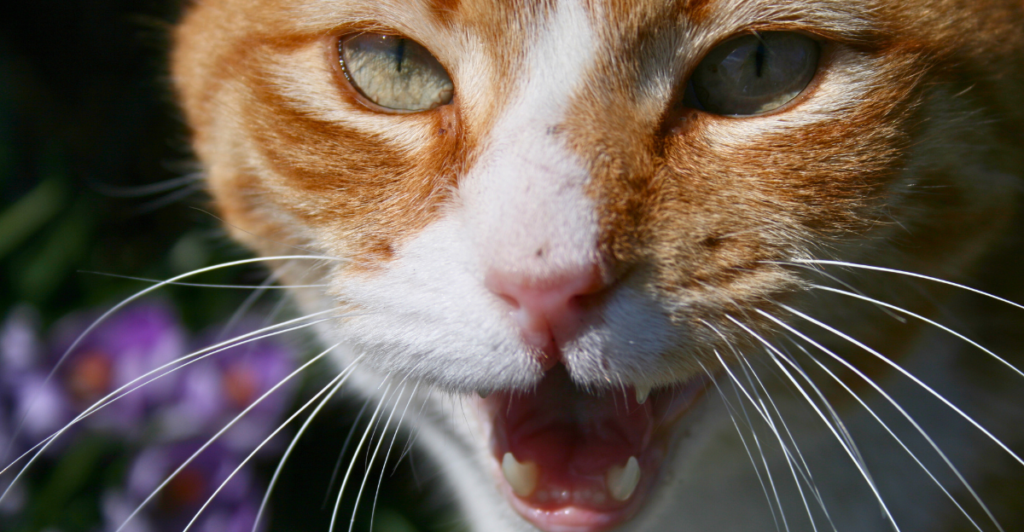
A cat’s meow can reveal a lot about their mood. Depressed cats may emit low-pitched, mournful yowls or purr excessively as a self-comforting mechanism. Any noticeable shift in vocal patterns could be a cry for help.
Tense Body Language
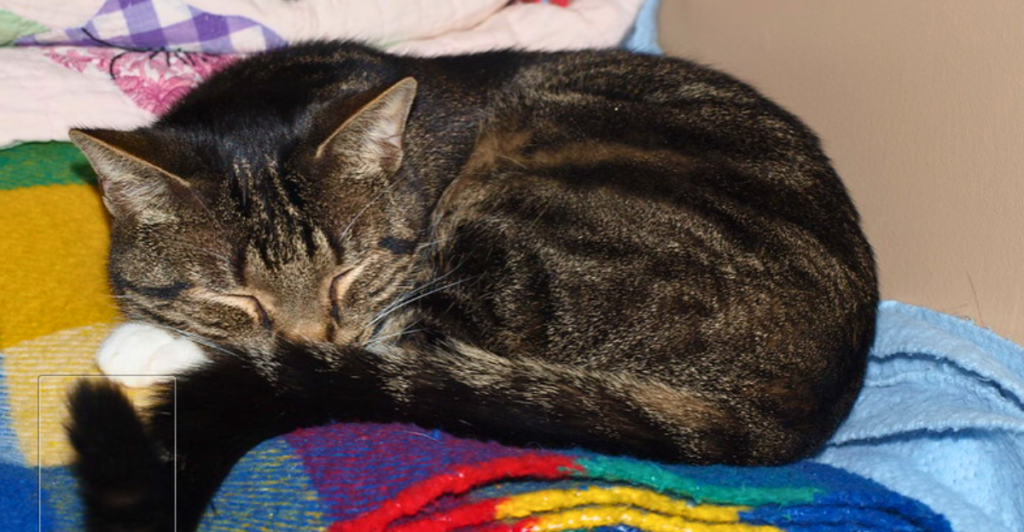
Cats communicate extensively through their body language. Signs of tension, such as tucked tails, flattened ears, or raised fur, often indicate discomfort or unhappiness. If these signs persist outside of play, your cat may be struggling emotionally.
Altered Eating Habits
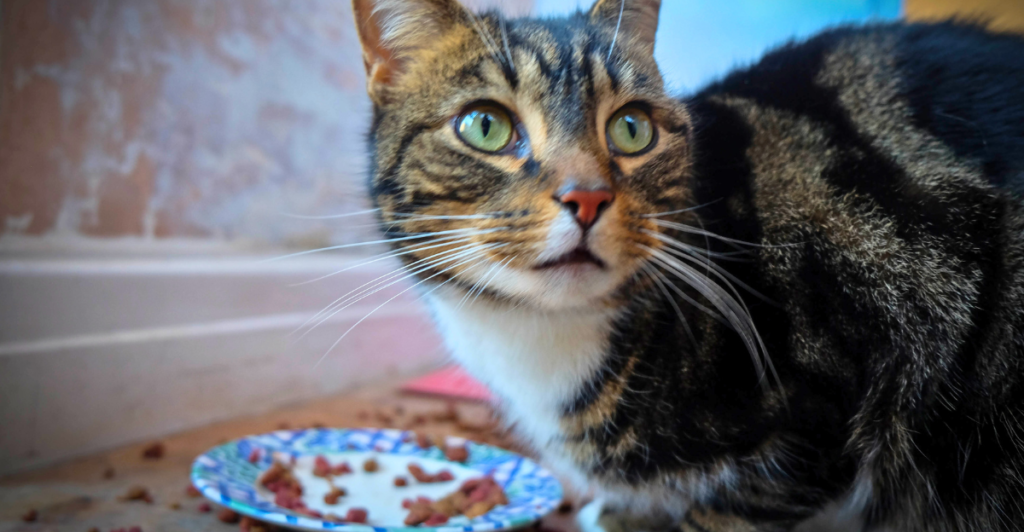
Depressed cats may eat significantly more or less than usual. A loss of appetite, even for favorite treats, or sudden overeating to self-soothe can be a symptom of emotional distress. Monitoring your cat’s eating habits is essential.
Increased Aggression
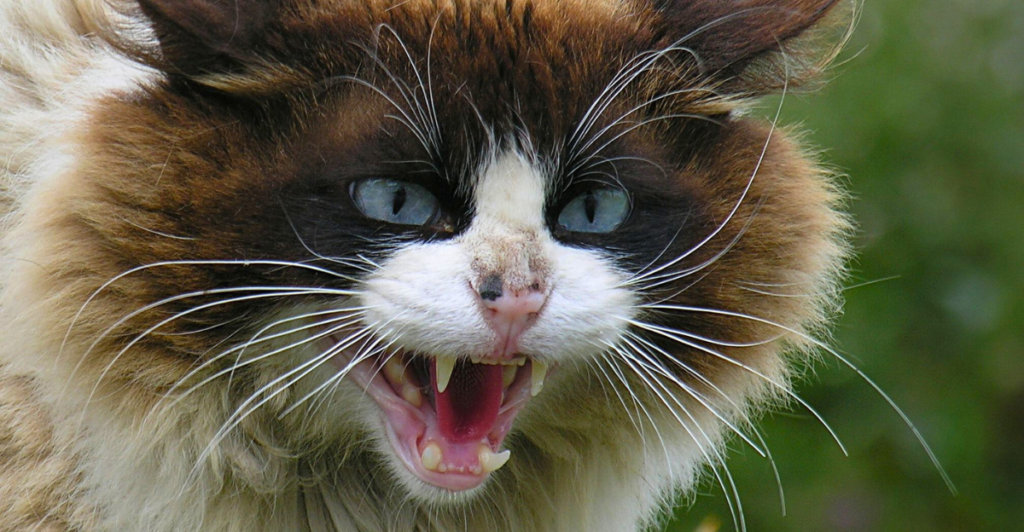
Aggression is not always a response to a direct threat. Cats feeling down may become consistently hostile, perceiving harmless situations as threats. This behavior can manifest in frequent hissing or lashing out at humans or other pets.
Changes in Grooming Habits
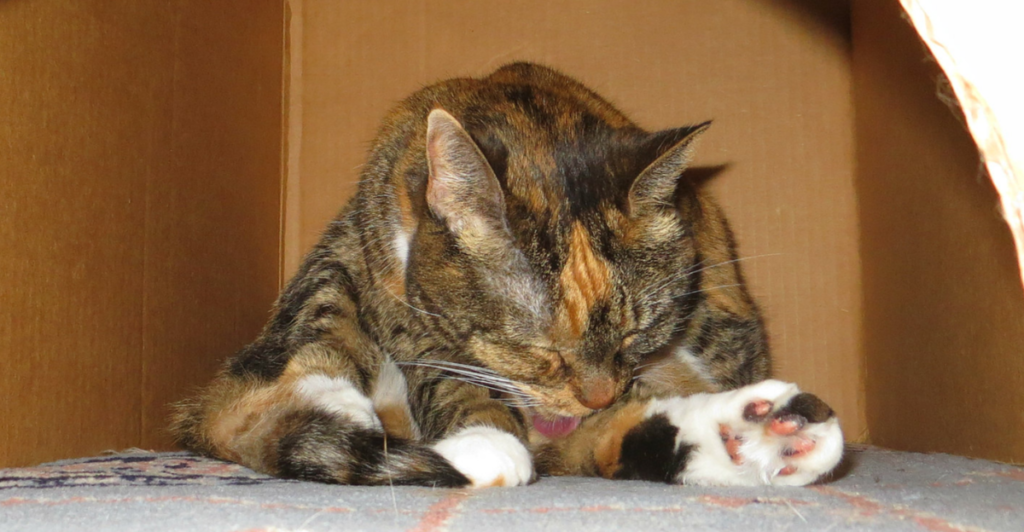
Depressed cats may over-groom, leading to bald patches, or stop grooming entirely, resulting in an unkempt coat. Both scenarios are concerning and require attention to address the underlying issues.
Spraying and Litter Box Issues
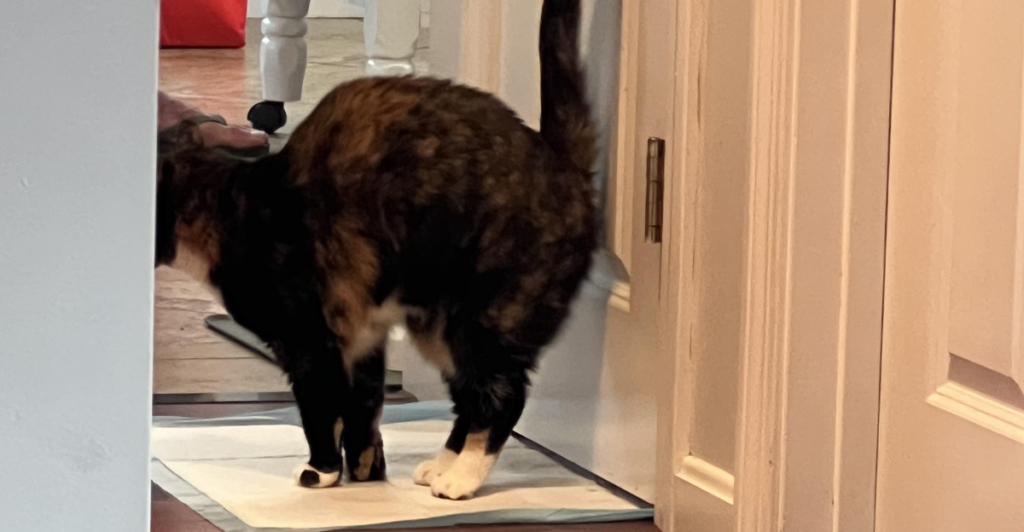
Urinating outside the litter box or spraying can be a cat’s way of self-soothing during stressful times. This behavior is often linked to feelings of fear or anxiety and can point to depression.
Destructive Scratching
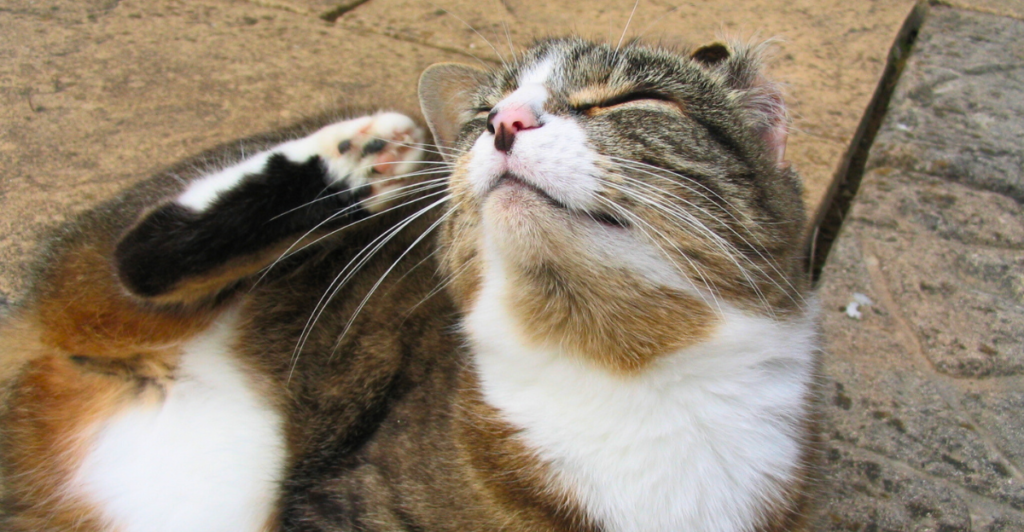
While scratching is a natural behavior, excessive or destructive scratching outside designated areas may indicate emotional distress. Redirecting this behavior and assessing potential stressors in the environment is crucial.
Common Triggers for Cat Depression
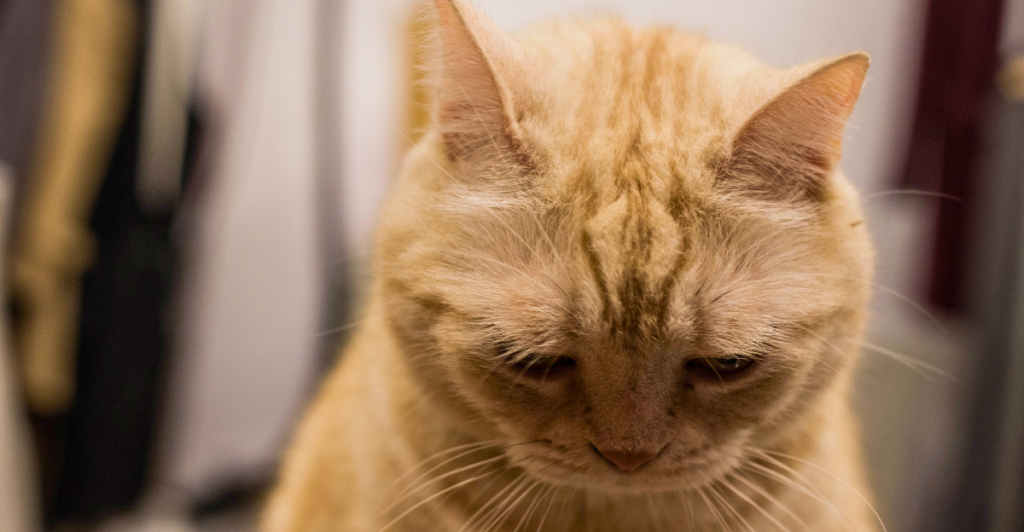
Cats are highly sensitive to changes in their environment. Major events like moving, the loss of a companion, or the addition of a new pet can trigger depression. Stress, grief, and separation anxiety are also common contributors.
Helping a Depressed Cat
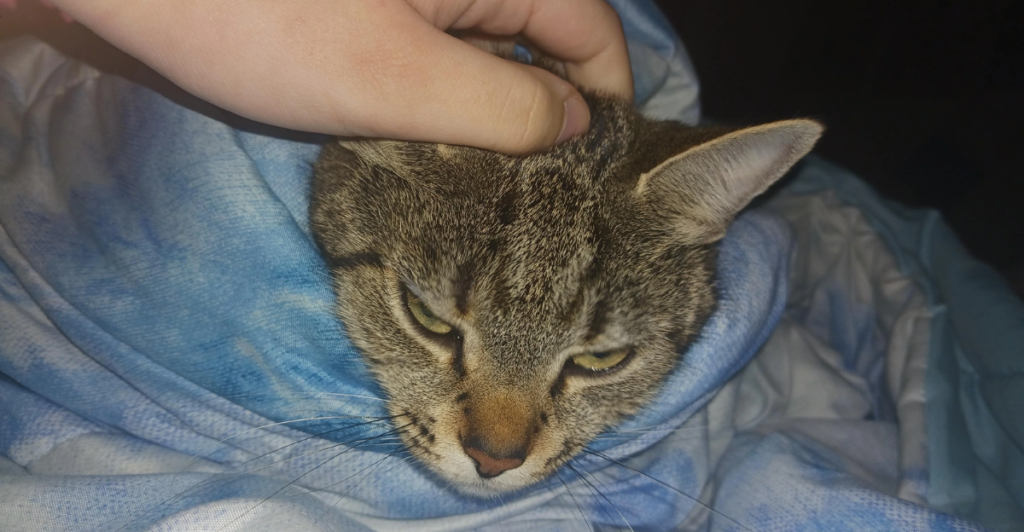
If you suspect your cat is depressed, start by consulting a vet to rule out medical issues. Enhance their environment with interactive play, consistent social interaction, and enrichment activities. Medications or guidance from a behaviorist may also be necessary for severe cases. Cats thrive on routine, and sudden changes in behavior often signal an underlying issue. Stay attuned to your cat’s habits, and consult a vet or behaviorist at the first sign of trouble. Understanding and responding to your cat’s needs can significantly enhance their quality of life.
Stay connected with us for more stories like this! Follow us to get the latest updates or hit the Follow button at the top of this article, and let us know what you think by leaving your feedback below. We’d love to hear from you!







